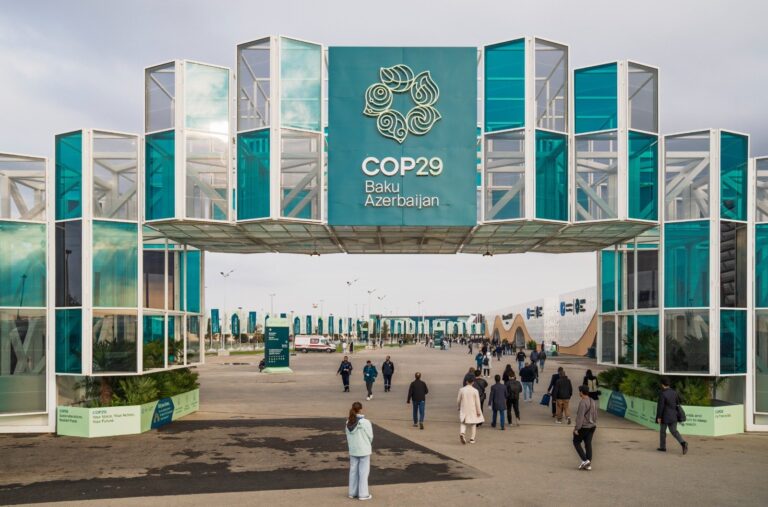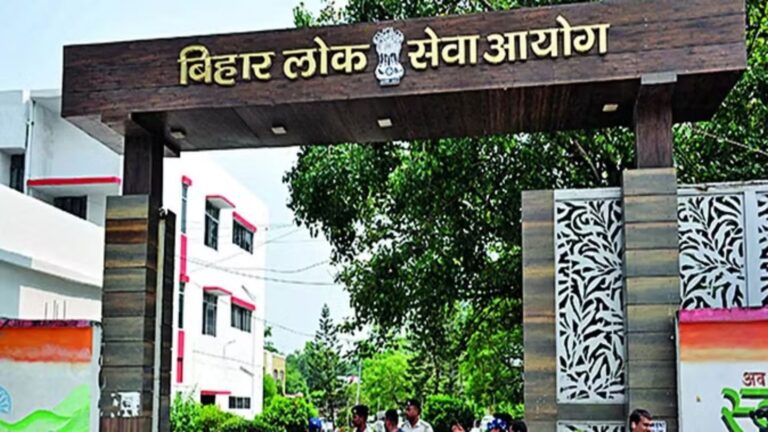
Delhi’s air quality has deteriorated rapidly, pushing authorities to activate Stage 3 of the Graded Response Action Plan (GRAP-3) starting November 15. The decision follows a spike in the Air Quality Index (AQI) to 401-450, indicating hazardous pollution levels that pose significant health risks for residents in Delhi and NCR. With GRAP-3 in effect, new restrictions target diesel vehicles, construction activities, and more to curb pollution levels.
What is GRAP-3? Understanding Delhi’s Anti-Pollution Action Plan
GRAP, or the Graded Response Action Plan, is implemented in stages to address varying levels of air pollution in Delhi NCR. GRAP-3 is activated when AQI reaches a critical level (401-450). Here are the primary restrictions under this stage:
- Ban on Diesel Vehicles
Medium and heavy diesel-powered goods vehicles are banned in Delhi-NCR to reduce vehicular emissions, a major contributor to air pollution. - Halt on Construction and Demolition Activities
All construction and demolition activities are suspended to limit dust and particulate matter, especially PM2.5 particles, which are harmful to respiratory health. - Suspension of Mining Operations
Mining and associated activities are temporarily banned in the Delhi NCR region under GRAP-3 to reduce dust levels in the air.
Also Read: Why Delhi’s Post-Diwali Air Was Cleaner This Year: A Detailed Analysis
Health Effects of Severe Air Pollution in Delhi NCR
Delhi’s residents are facing significant health risks due to prolonged exposure to hazardous air pollution levels. Health experts warn of increased risks of respiratory conditions like asthma, bronchitis, and cardiovascular issues. Common symptoms include eye irritation, difficulty breathing, and fatigue. Children, seniors, and individuals with pre-existing respiratory conditions are especially vulnerable.
To reduce health risks, experts advise wearing masks, staying indoors, and using air purifiers at home. Frequent eye rinsing and staying hydrated can also help alleviate symptoms.
School Closures in Delhi: GRAP-3 Guidelines for Children’s Safety
With GRAP-3 in place, schools in Delhi have been instructed to close for students up to grade five to protect young children from the severe effects of air pollution. BJP’s Delhi President, Virendra Sachdeva, has been vocal about the need for school closures and criticized the Delhi government for what he views as inadequate long-term planning to tackle pollution. Sachdeva called for urgent action, emphasizing the need to prioritize children’s health amid rising pollution levels.
Immediate and Long-Term Pollution Control Measures
While GRAP-3 is a temporary solution to control air pollution, experts are cautious about its immediate effectiveness due to current weather conditions and pollution sources. Citizens are advised to follow health safety guidelines strictly, minimize outdoor activities, and take necessary precautions to protect against the ongoing pollution crisis.
For continuous updates on Delhi’s air pollution situation and restrictions under GRAP-3, stay tuned.
Follow Us






